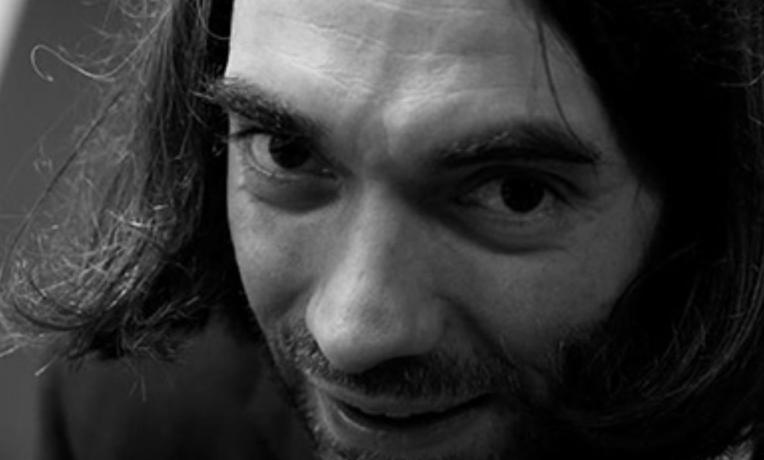Fostering talent, fostering excellence

Prof. Villani has been awarded several prestigious prizes. In 2010, he received the Fields Medal, often described as the Nobel Prize in mathematics, for his work on the kinetic theory of gases and plasmas. Acting as a spokesperson for the community of mathematicians, Villani has become an engaged public figure beyond the world of science, regularly present in media and key political circles. Prof. Villani is one of the seven members of the High Level Group of Scientific Advisors of the European Commission Scientific Advice Mechanism
My dress code is a three-piece suit, pocket watch, cravatte, cufflinks, and always a spider on the lapel. Beautiful, diverse animals with all kinds of fascinating behaviours: the web, the mating behaviour – fascinating. When I was twenty years old I felt the urge to find my style. It may have been due to the great amount of romantic music that I was listening to in those days in France. Maybe it has a touch of Franz Liszt? I don’t know, frankly. Communicating is very important for me. Actually, both my parents were teachers and I consider myself a teacher maybe more than a researcher. Nowadays it's […] important that specialists talk to non-specialists and teach them about the kind of things that they do. So that everybody can feel part of the adventure of specialised research. Science is one of the great things that make societies progress and if people, citizens have the impression that only specialists take care of science and keep it for themselves, then they will feel rejected.
I like to compare the mathematician to the detective. Busy with finding the truth. There’s something great with Colombo, one of my favourite TV series: Colombo first guesses who’s the guilty person and then uses logical reasoning to capture him or her. That’s what we do in mathematics. We use our intuition, most often to guess what the result will be and then we use logic to prove it. You know, it’s known now, and historians agree, that without the work done by mathematicians, the Polish mathematicians, and then by Alan Turing's group in the UK, it would have been impossible to organize the Normandy operation in 1944. The war would have lasted probably two years longer, who knows what would have happened. Ground-breaking science research is the forefront of any technological revolution, but also of any conceptual revolution. Think of the ground-breaking frontier work, which was done at the beginning of the twentieth century, the time of quantum mechanics. Now all of our electronic equipment would not exist without that.
The European Research Council has been doing a fantastic job over the past years to foster scientific talent wherever it is in Europe and to foster the progress of excellence throughout Europe.

